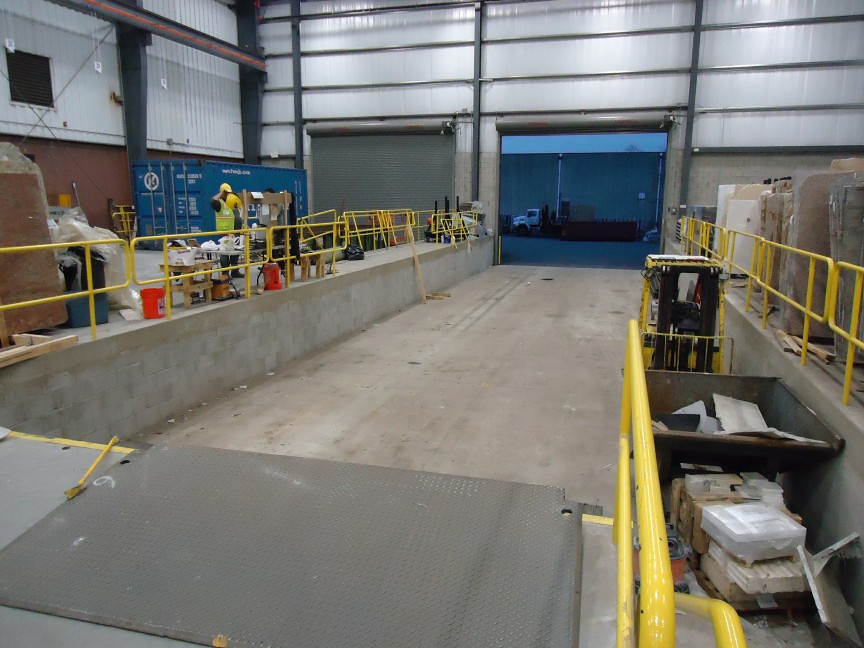|
Distribution Deal
A distribution deal (also known as distribution contract or distribution agreement) is a legal agreement between one party and another, to handle distribution of a product. There are various forms of distribution deals. There are exclusive and non-exclusive distribution agreements. In an exclusive distribution agreement, there is only one distributor or distribution agent. The product supplier is excluded from having any other distributors. Thus the product supplier is limited to the performance of that distributor. If the distributor does not sell product, then no product will be sold. Thus the law implies some degree of effort into these distribution agreements. Thus regardless what the distribution agreement says, the law will find it is breached if the distributor does not actually try to distribute the products. Likewise distribution agreements should have explicit terms on point. This problem arises when distributors distribute several products and/or have other bus ... [...More Info...] [...Related Items...] OR: [Wikipedia] [Google] [Baidu] |
Legal Agreement
A contract is an agreement that specifies certain legally enforceable rights and obligations pertaining to two or more parties. A contract typically involves consent to transfer of goods, services, money, or promise to transfer any of those at a future date. The activities and intentions of the parties entering into a contract may be referred to as contracting. In the event of a breach of contract, the injured party may seek judicial remedies such as damages or equitable remedies such as specific performance or rescission. A binding agreement between actors in international law is known as a treaty. Contract law, the field of the law of obligations concerned with contracts, is based on the principle that agreements must be honoured. Like other areas of private law, contract law varies between jurisdictions. In general, contract law is exercised and governed either under common law jurisdictions, civil law jurisdictions, or mixed-law jurisdictions that combine elements of bot ... [...More Info...] [...Related Items...] OR: [Wikipedia] [Google] [Baidu] |
Distribution (business)
Distribution is the process of making a product or service available for the consumer or business user who needs it, and a distributor is a business involved in the distribution stage of the value chain. Distribution can be done directly by the producer or service provider or by using indirect channels with distributors or intermediaries. Distribution (or place) is one of the four elements of the marketing mix: the other three elements being product, pricing, and promotion. Decisions about distribution need to be taken in line with a company's overall strategic vision and mission. Developing a coherent distribution plan is a central component of strategic planning. At the strategic level, as well as deciding whether to distribute directly or via a distribution network, there are three broad approaches to distribution, namely mass, selective and exclusive distribution. The number and type of intermediaries selected largely depends on the strategic approach. The overall distr ... [...More Info...] [...Related Items...] OR: [Wikipedia] [Google] [Baidu] |
Economies Of Scale
In microeconomics, economies of scale are the cost advantages that enterprises obtain due to their scale of operation, and are typically measured by the amount of Productivity, output produced per unit of cost (production cost). A decrease in unit cost, cost per unit of output enables an increase in scale that is, increased production with lowered cost. At the basis of economies of scale, there may be technical, statistical, organizational or related factors to the degree of Market (economics), market control. Economies of scale arise in a variety of organizational and business situations and at various levels, such as a production, plant or an entire enterprise. When average costs start falling as output increases, then economies of scale occur. Some economies of scale, such as capital cost of manufacturing facilities and friction loss of transportation and industrial equipment, have a physical or engineering basis. The economic concept dates back to Adam Smith and the idea o ... [...More Info...] [...Related Items...] OR: [Wikipedia] [Google] [Baidu] |


